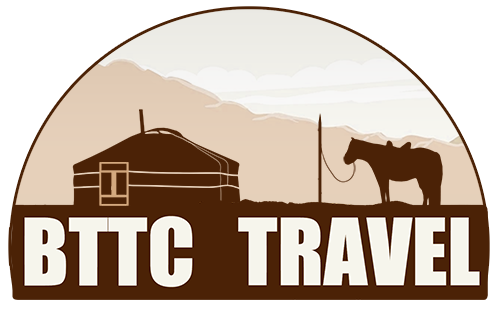Before you visit MONGOLIA
Accessibility
Weather/ Best time to travel
Visa information
Vaccination
Mongolian embassies abroad
While you are in MONGOLIA
Mongolia boasts a rich history that spans thousands of years. Until the 13th century, the Mongols were a loose confederation of rival clans in northern Asia. It was during this period that a young Mongol named Temujin emerged, successfully uniting most of the Mongol tribes. In 1189, he was honored with the title of Chinggis Khaan, meaning “universal khaan.” Under Chinggis Khaan and his descendants, the Mongolian Empire became the largest contiguous empire in world history by the 13th century. The empire’s power began to wane in the 14th and 15th centuries.
From 1691 to 1911, Mongolia was controlled by the Qing (Manchu) Dynasty. Mongolia’s journey to independence and democracy is a story of resilience and transformation. In 1911, Mongolia declared its independence under Bogd Khan, the spiritual leader of Tibetan Buddhism in Mongolia. However, both the China and the Russian Empire initially refused to recognize Mongolia’s independence, though Mongolia retained an autonomous status.
In 1921, Mongolia’s People’s Revolution, aided by the Russian Red Army, led to Mongolia becoming the world’s second socialist state. After Bogd Khan’s passing in 1924, the Mongolian People’s Republic was established, with its first constitution solidifying a Soviet-aligned Communist regime that would govern for nearly 70 years.
Change swept through Mongolia in 1990, inspired by the Soviet Union’s reforms and the fall of Communist regimes in Eastern Europe. A peaceful democratic revolution ended the Communist era. This dramatic shift ushered in a multi-party system, a new constitution, and a market-driven economy. In just over two decades, Mongolia has blossomed from a socialist state into a vibrant democracy with growing economies. Today, it stands as a dynamic nation with a proud heritage, thriving on a new path of economic opportunity and democratic freedom. This enduring history has shaped Mongolia’s unique cultural legacy, blending the power of ancient empires with its evolution into a modern nation.
